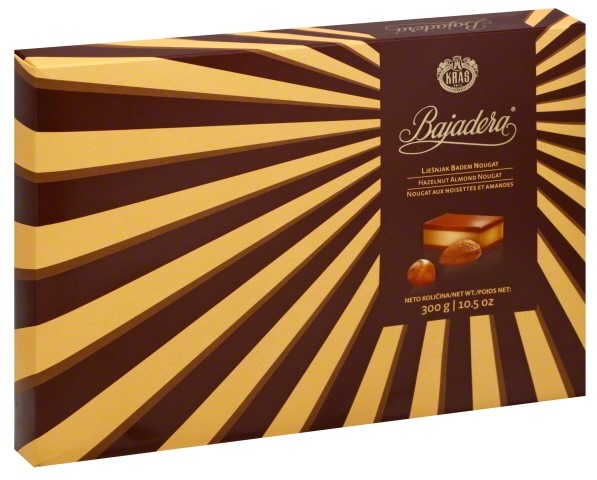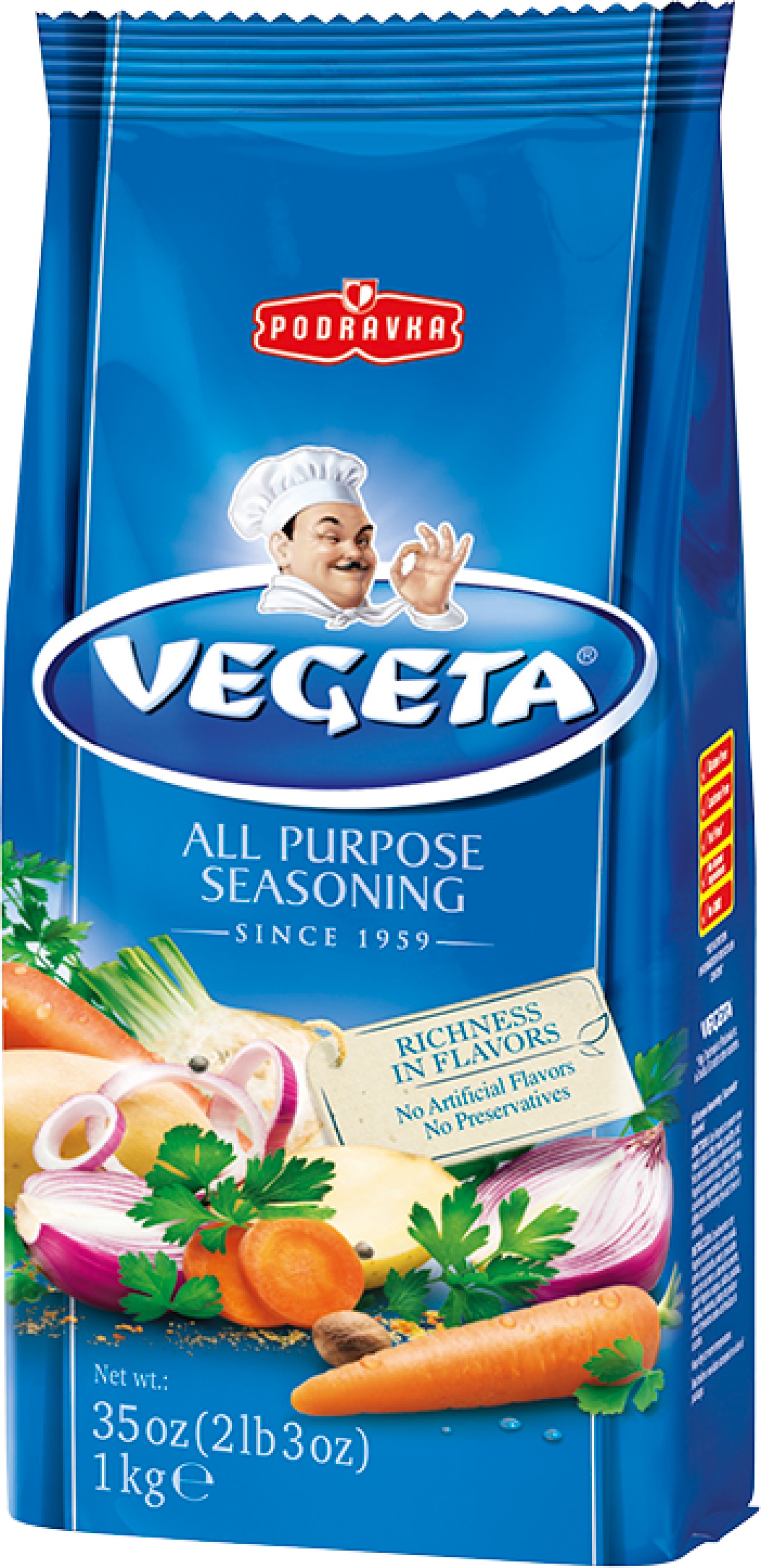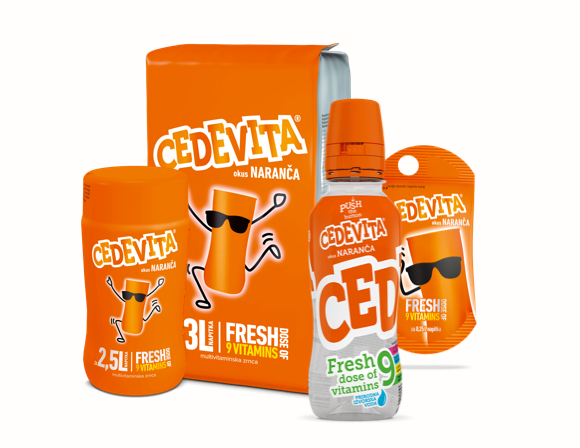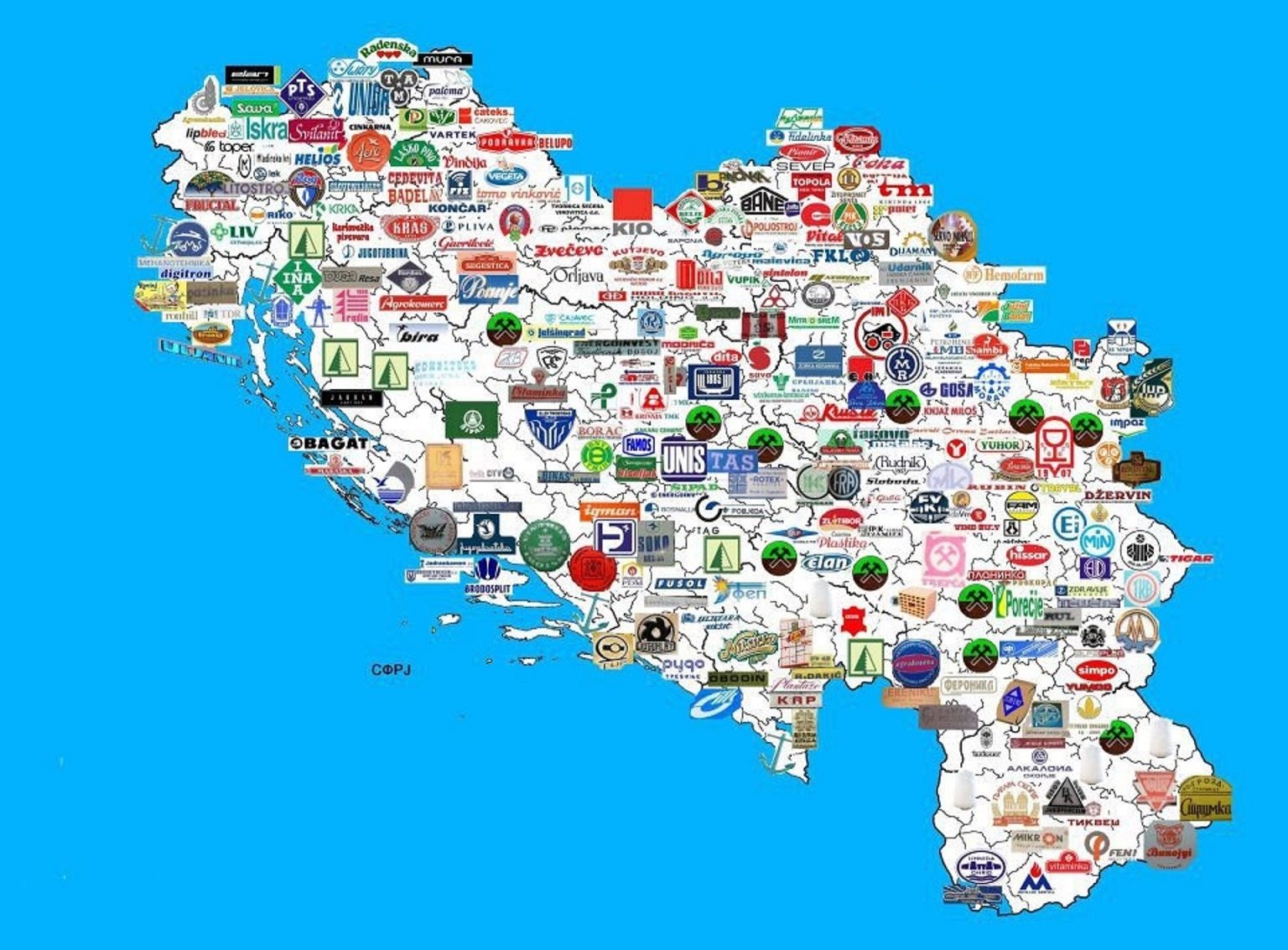President and Government Condemn Borovo Incident
ZAGREB, 2 May 2021 - President Zoran Milanović has condemned an incident that occurred in the eastern town of Borovo on Sunday morning when a group of young men chanted anti-Serb slogans, calling it shameful and heinous hate speech.
"In Borovo today a group of men tried to incite violence using heinous hate speech against our fellow citizens Serbs. That is a disgrace and deserves absolute condemnation," Milanović wrote on Facebook.
He criticized the police, whom he called the police of Prime Minister Andrej Plenković and Serb leader Milorad Pupovac, for not taking pre-emptive action to prevent the incident.
The Vukovar-Srijem County Police Department has confirmed that around 6.30 am on Sunday, after laying wreaths at the monument to 12 police officers killed by Serb paramilitaries 30 years ago, a group of about 20 young men went into the town chanting anti-Serb slogans, including "Kill the Serbs". The police responded promptly, identifying the perpetrators. Footage of the incident was posted on the town's Facebook account.
Government strongly condemns the incident
The government also strongly condemned the incident, calling it a scandalous act of provocation and hate speech by a group of football fans. It said that it would always oppose and condemn hate speech against any fellow citizens.
"In Croatian society, there is no room for such outrageous behavior and intolerance towards members of the Serb ethnic minority, who celebrate Orthodox Easter today, or any other minority," the government said in a statement.
"We will always strongly oppose and clearly condemn the stirring up of hatred against any of our fellow citizens. The Croatian police responded promptly and are investigating to bring those responsible to justice," the government.
For more about politics in Croatia, visit our dedicated section.
30th Anniversary of Death of 12 Special Policemen Commemorated in Borovo
ZAGREB, 2 May 2021 - Commemorative events were held in the village of Borovo on Sunday in tribute to 12 special policemen killed there by Serb paramilitaries in an ambush on 2 May 1991.
The 12 Croatian policemen were killed in an ambush in the night between May 1 and 2, 1991 after coming to Borovo in an attempt to rescue two of their colleagues who were captured the night before by Serb paramilitaries.
After negotiations on their release failed, a group of members of special police forces from Vinkovci were sent to Borovo on May 2. In a conflict with Serb paramilitaries that followed, 12 of them were killed and another 21 were wounded.
The policemen who were killed were Stjepan Bošnjak (born in 1955), Antun Grbavac (1961), Josip Culej (1966), Mladen Šaric (1965), Zdenko Perica (1965), Zoran Grašic (1969), Ivica Vučić (1961), Luka Crnković (1970), Marinko Petrušić (1966), Janko Čović (1965), Zeljko Hrala (1968) and Mladen Čatić (1971).
For more about the homeland war in Croatia, follow TCN's dedicated page.
Strongest Croatian Brands Survived and Succeeded After Independence
January 4, 2020 – A map showing production across the former Yugoslavia details the sustained prosperity of many Croatian favourites as some of the strongest Croatian brands are shown not only to have survived but have succeeded following independence
Media across Croatia, Bosnia and Serbia have surprised younger readers and reminded older readers with the publication of a map detailing production in the former Yugoslavia. While this trip down memory lane has caused a range of reactions across the countries of the former republic, looking at the map from a purely Croatian perspective gives some enlightening information. Namely, many of the strongest Croatian brands visible on the map are recognisable today. Some of the strongest Croatian brands not only survived independence but have since grown.
Bajadera - one of the most popular products made by Zagreb-based chocolate and confectionery manufacturers Kraš
Zagreb-based chocolate and confectionery manufacturers Kraš, Požega-based confectionery and drinks manufacturers Zvečevo, oil company INA, Koprivnica-based food company Podravka and Koprivnica-based pharmaceuticals company Belupo, vitamin drink Cedevita, Varaždin-based food company Vindija, Vukovar shoemakers Borovo, Varaždin clothes designers and manufacturers Varteks and multi-use condiment Vegeta are just some of the strongest Croatian brands that are present on the map. You are still likely to see these brand names on many Croatian high streets. Some have succeeded in reaching further into international markets since Croatian independence. Croatian-made condiment Vegeta is sold all over the world
Croatian-made condiment Vegeta is sold all over the world
Of course, not every brand visible on the map of Yugoslavia production has fared so well. In their coverage of the map, Ri.portal reminds that “Some of the Yugoslav products were used by literally the whole world - ships, cars, planes, trucks, weapons and even computers were produced... However, many of these companies no longer exist or are bankrupt.”
In their coverage of the map, Bosnian website Klix reminds that Croatian shipyards Uljanik in Pula and 3 Maj in Rijeka were at world level and produced large ships for customers from all over the world. Split-based shipyard Brodosplit, which can also be seen on the map, survives to this day.
Croatian vitamin drink Cedevita comes in a range of flavours
Ri.portal goes on to remember that Yugoslavia was one of only five countries in Europe at the time that manufactured its own computers. “Probably the most famous is the Galaxy, while the first computer produced was the CER-10,” they say. One of the Yugoslav computer makers on the map, popular in the late 1970s, was Digitron, based in Buje in Istria.
Sadly, not all of the strongest Croatian brands have made it until today. Famous tractor and agriculture equipment manufacturer Tomo Vinković of Bjelovar is no longer in production. Their famously-reliable machines are much in-demand on the secondhand market. Two new tractor manufacturers, Hittner doo and the Prima tractor factory still make tractors in Bjelovar.
Borovo Management Requests Postponement of Croatia Bank Loan Repayment
As Poslovni Dnevnik/Marija Brnic writes on the 9th of November, 2020, even following the implementation of operational and financial consolidation, Borovo still isn't able to independently maintain and finance its current operations, and a new restructuring process is needed. Gordana Odor, president of the Borovo management board, stated this in her financial report for last year, the problems of which most often become a topic in the days when the anniversary of the fall of Vukovar is being marked.
Borovo and its privatisation is an extremely sensitive issue for the Croatian Government due to a number of circumstances, from the importance for the Vukovar region where Borovo is the largest employer with more than 600 employees, to the lack of interest of investors and the unresolved status of its property that remained inaccessible in the former republics of the former state, without the solution of which - everything obviously remains blocked.
The state is coming to Borovo's aid, and with the loan insurance in 2018, it enabled the closing of the company's obligations from its pre-bankruptcy settlement which was agreed in 2014 and mostly brought to an end. However, the repayment of the aforementioned loan of six million euros to Croatia bank has already been prolonged, and the adoption of the restructuring programme that the state requested from the Borovo management board when approving the guarantee has also been postponed.
The Borovo management board president has since confirmed that she has already submitted a request to the bank for an extension of the loan repayment, which, she says, is a possibility provided by the annex in the contract. As for the development of the restructuring programme, the first concrete step was finally made - a consultant was selected. The procedure was launched back in February, but, as Gordana Odor explains, due to the coronavirus pandemic and the subsequent lockdown, it had to be repeated and finally KPMG was selected to assess the company's condition and make proposals for its restructuring.
A few years ago, when the government requested the development of a restructuring programme, it was intended to go into a recapitalisation in which the state would participate, because there was no serious interest from any investors in the procedure. At that time, the goal was to raise Borovo's share capital of HRK 316.7 million by around HRK 90 million.
The development of the programme due to the EU guidelines on state aid implies the process of harmonisation and obtaining the approval of the European Commission, and for some reason the preparations for that have stopped, leaving Borovo in an unenviable position.
When asked which direction the new phase of Borovo's restructuring will go, Gordana Odor answered that this will primarily be determined by the consultant's assessments, and KPMG has already started preparations. The president of Borovo's management board expects that this will primarily result in a realistic balance sheet, since Borovo has an unresolved property issue in the amount of HRK 150 million, of which a significant part is made up of inaccessible property, the resolution of which is subject to interstate agreements. As far as potential investors are concerned, there is no interest in conditions in which a major settlement is still awaited.
There are, in fact, many proponents of bankrupting Borovo, assuming that the production of footwear for the state isn't a strategic activity, but as far as can be felt in government circles, the view is that the company's regional importance provides a basis for supporting Borovo. The problem is the dynamics in the procedure and the slowness in making decisions, but to some extent at this moment Borovo is also helped by the fact that the business has been further disrupted by the coronavirus crisis. In particular, in the case of Borovo, revenues fell significantly in the retail segment this year, by as much as 28%, which the Borovo management board has explained as a direct consequence of the coronavirus crisis and the lockdown, as well as the reduction in consumer spending owing to fears of a deeper economic crisis.
However, the president of the Borovo management board also pointed out that even in such difficult conditions, they stil managed to compensate for a part of their reduced revenues with new significant contracts with larger wholesale customers. Owing to that, the decline in total revenues in 10 months was still mitigated at the level of 10% when compared to the same period last year.
''Borovo is operating in difficult conditions due to the current situation with the coronavirus crisis. We're working at a reduced capacity, production is divided into two shifts due to the penetration of coronavirus into the company, we have introduced reduced working hours and the work of directing staff is divided into teams that don't meet each other, all in an attempt to reduce contact,'' added Gordana Odor.
Borovo is, by the way, the third largest producer of footwear here on the Croatian market. The only companies stronger than Borovo are HAIX from Mala Subotica, which generated a total of HRK 211 million in revenue last year, and Ivancica from Ivanec, which generated more than HRK 144 million in revenue. Last year, Borovo generated HRK 102 million in total revenues and recorded a decrease compared to the year before, when they were at the level of HRK 138 million.
For the latest travel info, bookmark our main travel info article, which is updated daily.
Read the Croatian Travel Update in your language - now available in 24 languages
Commemoration Held for 12 Policemen Killed in 1991
ZAGREB, May 1, 2018 - A commemoration was held in Borovo, eastern Croatia, on Tuesday for 12 special policemen killed there by Serb paramilitaries 27 years ago today.
City of Vukovar buys Plot Worth Over 36 Million Kuna from Borovo
The City of Vukovar puts a skip back in Borovo's step.
Eternal Inspiration: Startas Decorates Shoes with Image of Dubrovnik!
Borovo unleashes its creativity with the most beautiful city in the world in its sights!
Zadar Isn't the Only Place With a Sneaker: NP Krka Startas Have Followed Suit
Remember those customized Startas sneakers with the colors of Zadar’s famous sunset? Now, Šibenik is following suit thanks to their new collaboration with Borovo brand Startas and National Park Krka.


